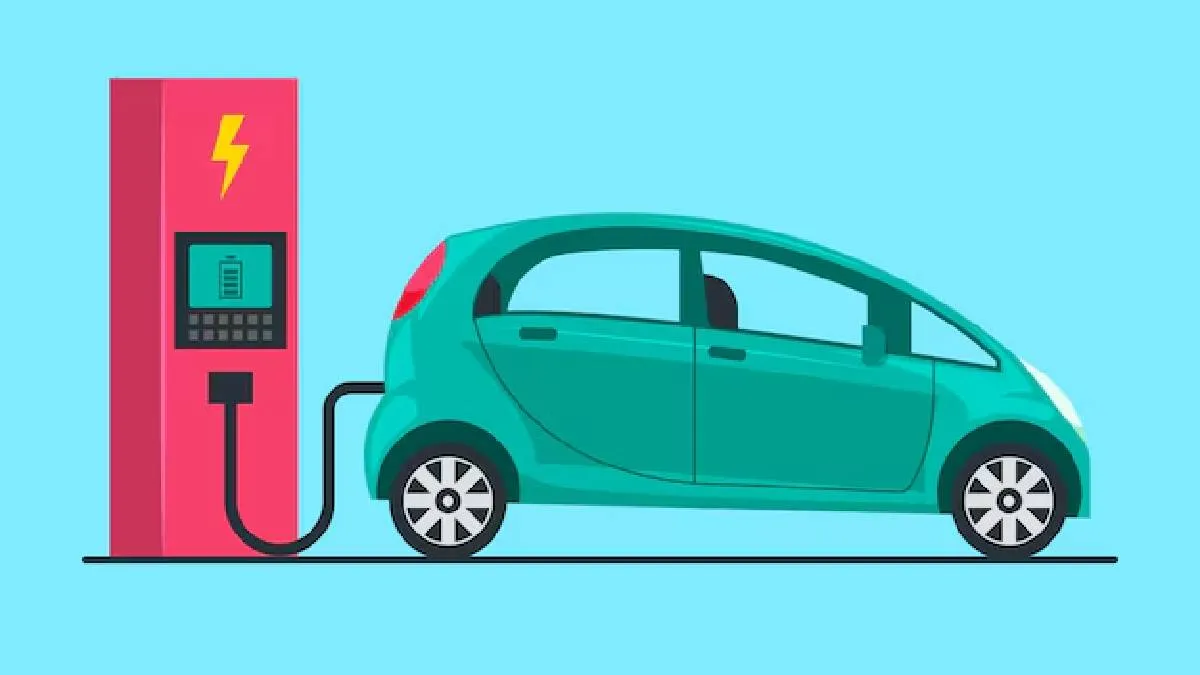In a major regulatory move, China has banned the use of phrases like “smart driving” and “autonomous driving” in car advertisements, aiming to strengthen oversight over Advanced Driver Assistance Systems (ADAS) and over-the-air (OTA) software updates. The decision comes after growing concerns around vehicle safety, particularly following a fatal accident involving Xiaomi’s SU7 electric sedan in March 2025.
Fatal crash sparks stricter oversight
The crackdown follows a tragic crash where a Xiaomi SU7 sedan hit a roadside pole at 97 km/h, shortly after the driver switched from ADAS back to manual control. The accident ignited public debate over the safety and reliability of driver-assistance technologies currently marketed under the banner of “autonomous” or “smart” driving.
In response, China’s Ministry of Industry and Information Technology (MIIT) held a meeting this week with nearly 60 automotive representatives to discuss stricter regulatory enforcement. According to a Reuters-reviewed transcript from the session, the MIIT confirmed that carmakers must now obtain government approval before rolling out OTA updates that alter any driving-related functions. These updates must also undergo thorough testing to ensure safety and performance.
Automakers hit with new marketing restrictions
The MIIT has made it clear that advertising terms like “autonomous driving” or “smart driving” are no longer permitted, especially when used to promote ADAS features. Chinese automakers, including major brands like BYD, Leapmotor, and Huawei-backed ventures, have been aggressively pushing such claims to stand out in a hyper-competitive market.
Earlier this year, BYD launched more than 20 EV models under $10,000, offering free ADAS features and sparking a pricing war in the market. The new guidelines could significantly impact marketing strategies as automakers can no longer freely promote semi-autonomous capabilities without regulatory scrutiny.
EV boom raises safety and oversight concerns
China is currently experiencing explosive growth in electric vehicles, with EVs and plug-in hybrids accounting for over 50 per cent of total vehicle sales by the end of 2024, well ahead of government targets. While this EV surge highlights China’s leadership in green mobility, it also raises safety and quality concerns, particularly around battery fires and overproduction risks.
With the new regulations, China is signalling that technological advancement must not come at the cost of public safety. The MIIT’s tighter controls are expected to ensure greater transparency, reliability, and accountability in the development and deployment of intelligent driving technologies.

